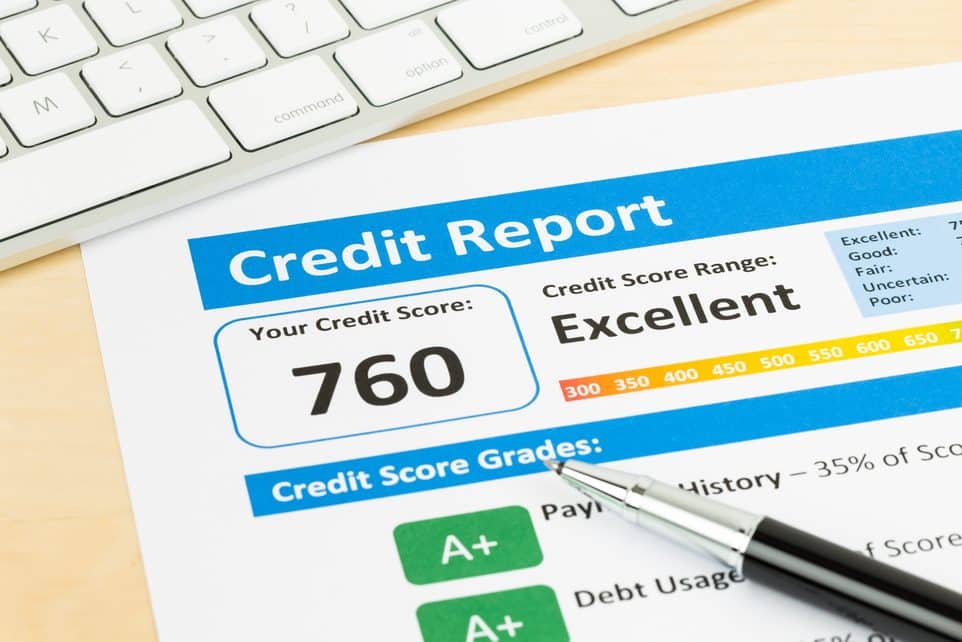For many young Canadians, purchasing a home is part of a life-long goal. Of the many elements involved – securing a downpayment and making sure the timing is perfect – getting an affordable mortgage option is arguably the most important. Have a good credit score allows you to access above-average mortgage options. But what credit score qualifies as “good”? In this article, we will visit how credit scores contribute to mortgage approval, and what score is considered “good”.
How Important Is Your Credit Score?
In Canada, a person’s credit score represents their financial history, and can range from 300 to 900. A credit score allows lenders to assess how reliable the “investment” is for them. Hence, borrowers with higher credit scores are able to access better options as they are considered as low-risk applicants, and have a higher chance of getting their mortgages approved.
The Relation Between Your Credit Score and Mortgage Approval
The higher your credit score, the lower the lender’s risk of you defaulting on your loan. For this reason, if you have an excellent credit score, A-lenders such as banks are more likely to approve your mortgage application as you do not pose a high risk in losing them money. On the other hand, your interest rates are likely going to be higher if you have a bad credit score, as the lender is taking on more risk by lending you money.

While there is no minimum credit score required to get a mortgage in Canada, your experience and level of difficulty in securing one will vary. Below are 3 indicative credit score ranges that can help you estimate your ease of securing a mortgage:
- 660 to 712: This is considered an acceptable credit score. You will be able to apply for mortgages at A-lenders but the interest may be high
- 713 to 740: This is a good credit score with which you can find a variety of lenders and low-interest rates
- 741 and above: This is an excellent credit score with which you can find the best mortgage interest rates
A credit score lower than 660 will pose difficulties for you to find a regular mortgage or a lender. Below that, between 300 and 600, will categorize you as a high-risk borrower. At this level, even if you are able to secure a mortgage, you will be charged significantly higher interest compared to other categories.
How to Maintain a Good Credit Score
Below are some useful measures that you can take to maintain a healthy credit score:
- Find out what your credit score is before looking for a place. If it’s on the lower range, see what steps you can take to improve it.
- Maintain a low debt-to-income ratio by avoiding taking on any loans other than your mortgage. Pay off any large debts you have, and any credit card bills or unsecured loans. While having a loan such as car payments can help your credit score, this only applies if you are able to make timely payments.
- Submit one or two mortgage applications at a time. Having your credit score pulled on too many occasions in a short interval can damage your credit score.
Getting a Mortgage with a Bad Credit Score
If your credit score has not increased significantly, you can still apply for a mortgage with a bad credit score. Private lenders such as Leap Financial can help you find mortgage options even if you have a bad credit score. While credit score is still a factor with private lenders, most of the weight is placed on any asset you already own, to be leveraged as security in the unfortunate occasion of a default, allowing you to secure better mortgage rates.
If you have a less than average credit score, is looking for a loan, and own your home, call us at 1-844-929-5327 we will be happy to help secure you a mortgage.


